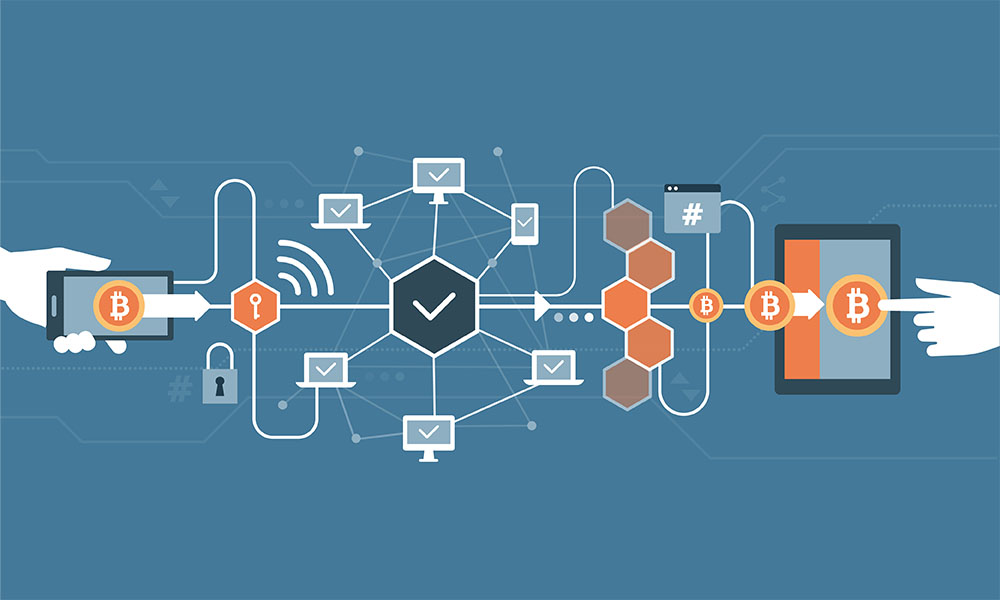Cryptocurrencies are unfortunately not immune from theft, as was recently demonstrated when cyberthieves stole about £28M of cryptocurrency from the South Korean exchange, Coinrail. The price of Bitcoin plummeted in response, and it has left people asking what they can do to secure their cryptocurrency investments.
Many cryptocurrencies operate outside of regulatory supervision. Some people see this as dangerous; others see it as a sign of freedom. Without government intervention, individuals and companies need to take more action to make sure their currency is secure. Here are some steps to help you to do this:
Don’t overfill your Wallet
Only keep a small amount of cryptocurrency in a Wallet like a Bitcoin Wallet – this is similar to having cash, and it’s easy to steal. Store just what you need on your computer or phone, and keep the rest backed up in a more secure environment.
Encrypt and back up your wallet
Be careful with online backups when they are not secured, and keep the majority of your cryptocurrency stored offline, away from the risk of online theft.
Remember basic IT hygiene
You wouldn’t (deliberately) leave your wallet lying in a public place or attach your address to your house keys, so don’t be careless with your IT security details like your password. If you struggle to remember strong passwords, don’t water them down or write them down somewhere obvious, use a proper password manager to keep them safe.
On a similar note, use reputable antivirus software and keep it up to date, speaking of which remember that the WannaCry virus took hold because its victims didn’t update their operating system so make sure you update both your operating system and any other apps you use as soon as you possibly can.
NB: you can get antivirus software for mobile devices and their apps also need to be kept updated.
Use a specific email address for all your cryptocurrency transactions
On the whole, it is sensible to minimise the number of email accounts we have to check, however, there are always exceptions and this is one of them. Keep your cryptocurrency email totally separate from your regular email accounts and, like with the previous comments, use a strong password and keep all details private.
Even if you don’t give out your email to anyone, you may still find yourself being spammed, for example, sent phishing emails. Ignore them.
Give strong preference to exchanges which support two-factor authentication
Two-factor authentication means that you can only get access to your account if you provide something you know (your password) and something you have (a PIN provided by a token or sent to your phone).
Two-factor authentication really increases the security on accounts and should arguably be considered a must for anyone who has meaningful cryptocurrency investments.
Don’t boast about your cryptocurrency investments
You may have read how football John Terry was burgled after he posted his holiday pictures to social media, thereby letting the world know he was away from home. He’s probably not the only person to have done this, just a particularly famous example.
In a similar way, don’t mention your cryptocurrency investments unless you have to and, if you have to, do so in a secure way, as in not on social media. Also, be careful when using public WiFi, in particular, don’t access your cryptocurrency email account from it, not unless you are either using a VPN or have some other method of ensuring that your connection is safe from eavesdroppers.

